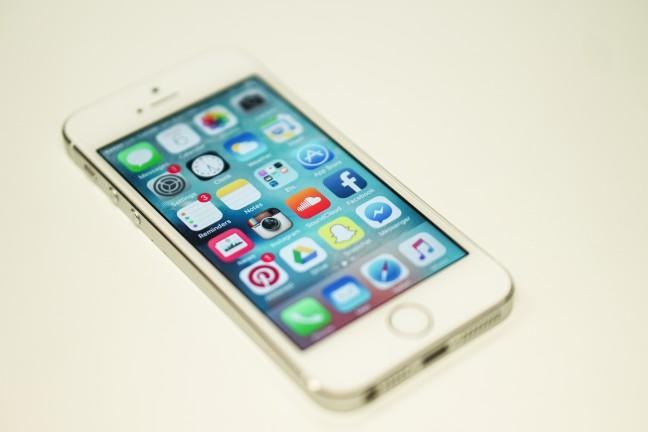In all likelihood, I belong to the last generation that will ever remember a time before smartphones. Over the last 10 years, smartphone use has become so ubiquitous that a society without them is almost unimaginable.
The smartphone is now a near-constant companion for many folks as they eat, sleep, work, relax and socialize. It is how we connect with others, follow the news and engage in discourse. Smartphones have become our portal to the world.
This is not a positive development. Admittedly, smartphones can be useful tools. But tools get turned off, unplugged and put away when not in use. This is not how smartphones were designed. They are meant to remain turned on and at hand throughout the day. For many, the smartphone is never more than an arm’s length away. A quick glance at a crowded street will confirm we are addicted.
What makes it so hard to escape our phones? Partly it’s because they’re so portable, but it is also because every app we use is algorithmically tailored to our exact tastes and biases. This process is subtle and continuous.
Here lies the seduction of the smartphone. The second we grow bored or uncomfortable with what we’re doing, the algorithm shifts to keep us entertained and occupied.
Our constant usage creates a detailed portrait of who we are as consumers, so the phone can quickly decipher our habits, predict our wants and change our experience accordingly. I invite anyone who doubts this to borrow someone else’s phone for a day. The eerie experience of inhabiting someone else’s digital identity will prove that our smartphones have been finely tuned for us and us alone.
The purpose of this is obvious enough. Practically every app and function on a smartphone generates revenue through purchase, subscription or advertising. Personalizing the smartphone experience is a brilliant way to increase usage on one end and income on the other. Smartphones and our addiction to them are designed primarily to make a profit.
This wouldn’t be so bothersome if smartphones truly helped make the world a richer, more fulfilling place for us. But do they? There may be some who argue social media has an edge over real conversation or that dating, exercise and entertainment are better through apps. These people are mistaking change for progress, and convenience for quality. Like pornography, our apps merely distract us from the goodness of life with flattery and cheap stimulation.
Worse, smartphones give us an unreal impression of what the world is like. Smartphones provide a refuge from many of the controversial or upsetting parts of reality by displaying the kind of world we’d like to see.
Yes, we can get access to a vast array of information through our phones. But the personalized content on our apps ensures our worldview goes largely unchallenged, making reality look both friendlier and safer than it really is. Meanwhile, however, the real world moves on in all its ugliness, and we are left without the tools or the perspective necessary to engage fully in it.
Smartphones are not designed to make our lives better. They are meant to make draw profit from us by commercializing our everyday lives, distracting us from a beautiful but troubled reality and encapsulating us in our own worldview and biases. We have become addicted to the convenience and comfort of smartphones, without acknowledging any of the social and personal costs. Ten years after the introduction of the iPhone, we as consumers have a choice: retreat further into our own respective artificial realities or set the phone down and rejoin the world.
Wilder Deitz ([email protected]) is a senior majoring in social welfare and French.





















